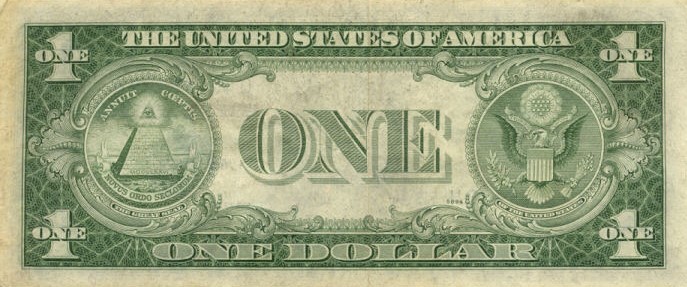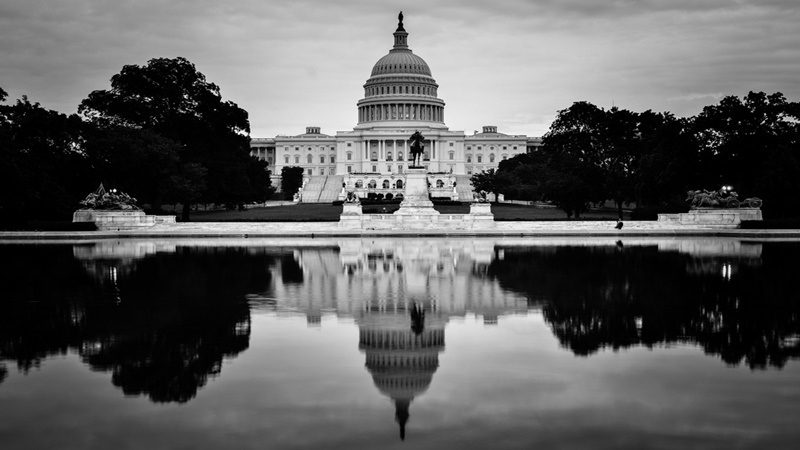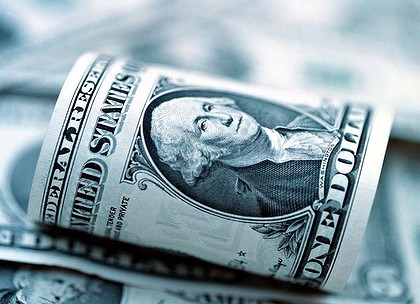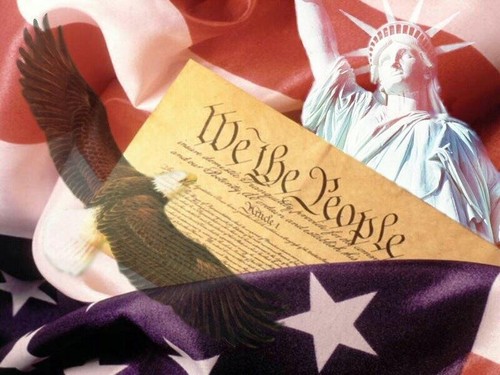
Do we want and deserve the government we have? Under the recent US spending bill of $1.1 trillion, the public needs to question the legislation in place that warrants the spending, versus who picks up the tab.
On the 11th of December, Citigroup helped write a provision included in the bill, enabling the primary actions that propelled the 2008 financial crisis. The Dodd-Frank Act had been put in place to block the banks from this provision and prevent Wall Street gambling away other people’s money. It was a blow to the profits of Wall Street and the banks. It was only natural for the lobbyists to push it back, in the name of their survival.
But it leads to the central question of government and who they really represent. The tax payers are once again footing the bill for the reopening of the gambling den, and it doesn’t just cover the Wall Street lair. Special tax breaks remain for health insurance companies, defense contractors will receive more handouts in the billions of dollars (in 2013, they received 19 percent of the budget), all the while, a reported 12 percent of federal spending will find its way into the laps of the citizens who face hardship.[1] Big Pharma and agro-business also reap the benefits, with special tax subsidies.
The problem begins with the money donated by wealthy individuals to their preferred national parties. As of 2015, the annual cap on donations has been lifted from $32,400 a year to $324,000. A couple, over a two-year election cycle, are able to donate up to $1,296,000.
“Republican and Democratic congressional leaders have entered into a Faustian bargain to return the massive corrupting contributions raised by federal officeholders for the national parties that Congress banned in the Bipartisan Campaign Reform Act of 2002,” said a concerned Fred Wertheimer, the president of the advocacy group Democracy 21.
Spokesman for Every Voice also spoke of the new amendment, saying “…very few people can write checks almost twice the size of the country’s median income, but that’s what this provision will allow. It gives the biggest donors another opportunity to influence politics and buys them more access to politicians.” [2]
And there’s the catch: a working class family wouldn’t have the means to donate over a million dollars. It’s a pattern that is fast becoming entrenched in the political system. Those individuals wealthy enough are able to influence agenda through their donations to their preferred party. Washington will, in turn, become more attentive to their needs in the coming legislation rounds. The government works to serve the minority rather than majority, but the majority will, nonetheless, pick up the tab.
[1] Center on Budget and Policy Priorities (2015). Policy Basics: Where Do Our Federal Tax Dollars Go? Retrieved from http://www.cbpp.org/cms/?fa=view&id=1258
[2] Gold, M. (2014, December 9). Spending deal wold allow wealthy donors to dramatically increase giving to national parties. [The Washington Post]. Retrieved from http://www.washingtonpost.com/blogs/post-politics/wp/2014/12/09/spending-deal-would-allow-wealthy-donors-to-dramatically-increase-giving-to-national-parties/








Anonymous president
Anonymous congress
Problem solved…..along with all the other issues concern our government.
Congress members have been moonlighting part time jobs with big banks for years.